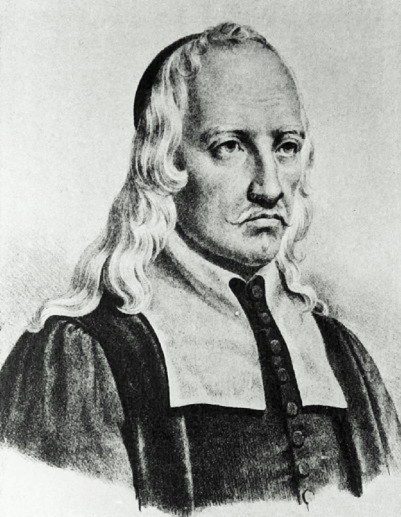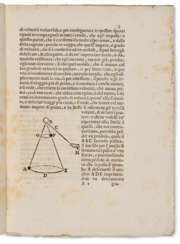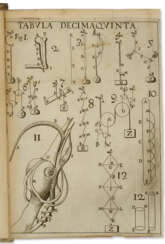джованни альфонсо борелли (1608 - 1679)

Giovanni Alfonso Borelli was an Italian universalist scientist of the 17th century Scientific Revolution, the founder of biomechanics.
He studied mathematics under Benedetto Castelli (1577-1644) in Rome. In the 1640s Borelli was appointed to the chair of mathematics at the University of Messina and at Pisa in 1656. After 12 years at Pisa and numerous disputes with colleagues, Borelli left the university. In 1667 Borelli returned to the University of Messina, where he engaged in literary and historical studies, studied the eruption of the volcano Etna, and continued to work on the problem of muscular movement of animals and other bodily functions according to the laws of statics and dynamics. In 1674 he was accused of participating in a conspiracy to liberate Sicily from Spain and fled to Rome.
Borelli is known primarily for his attempts to explain muscular movement and other bodily functions according to the laws of statics and dynamics. His best-known work is De Motu Animalium (1680-81; "On the Motion of Animals"). Borelli calculated the forces required for balance in the various joints of the human body, long before Newton published his Laws of Motion. Borelli was the first to realize that musculoskeletal levers increase motion, not force, so muscles must produce much greater forces than those that resist motion. He was also one of the first microscopists: he made microscopic studies of blood circulation, nematodes, textile fibers, and spider eggs. Borelli also authored works on physics, medicine, astronomy, geology, mathematics, and mechanics.


Giovanni Alfonso Borelli was an Italian universalist scientist of the 17th century Scientific Revolution, the founder of biomechanics.
He studied mathematics under Benedetto Castelli (1577-1644) in Rome. In the 1640s Borelli was appointed to the chair of mathematics at the University of Messina and at Pisa in 1656. After 12 years at Pisa and numerous disputes with colleagues, Borelli left the university. In 1667 Borelli returned to the University of Messina, where he engaged in literary and historical studies, studied the eruption of the volcano Etna, and continued to work on the problem of muscular movement of animals and other bodily functions according to the laws of statics and dynamics. In 1674 he was accused of participating in a conspiracy to liberate Sicily from Spain and fled to Rome.
Borelli is known primarily for his attempts to explain muscular movement and other bodily functions according to the laws of statics and dynamics. His best-known work is De Motu Animalium (1680-81; "On the Motion of Animals"). Borelli calculated the forces required for balance in the various joints of the human body, long before Newton published his Laws of Motion. Borelli was the first to realize that musculoskeletal levers increase motion, not force, so muscles must produce much greater forces than those that resist motion. He was also one of the first microscopists: he made microscopic studies of blood circulation, nematodes, textile fibers, and spider eggs. Borelli also authored works on physics, medicine, astronomy, geology, mathematics, and mechanics.




